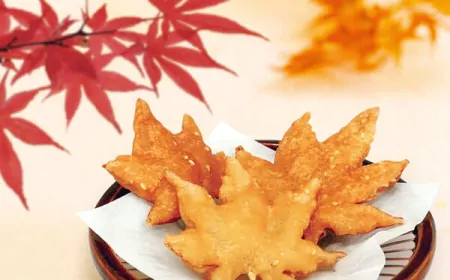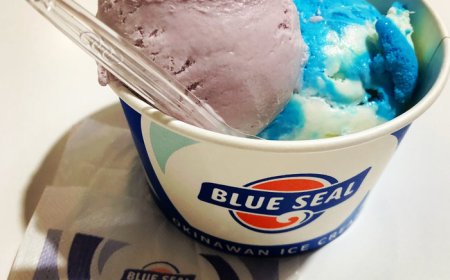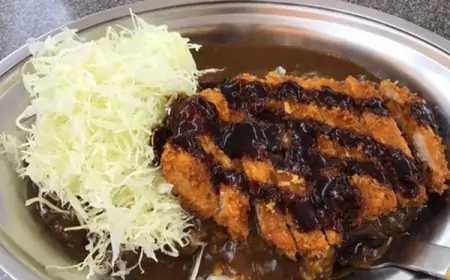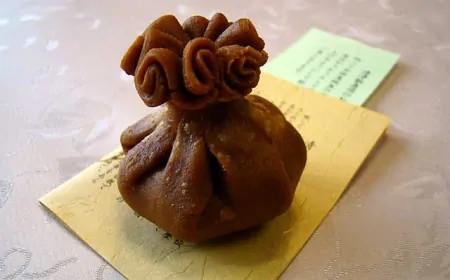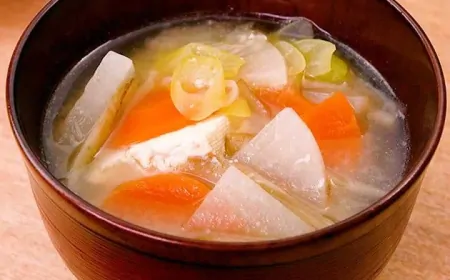Can chikuwa be harmful to your body?
Chikuwa is a traditional Japanese processed food made primarily from minced fish. It is widely used in Japanese home cooking, bento lunches, and even as a snack.
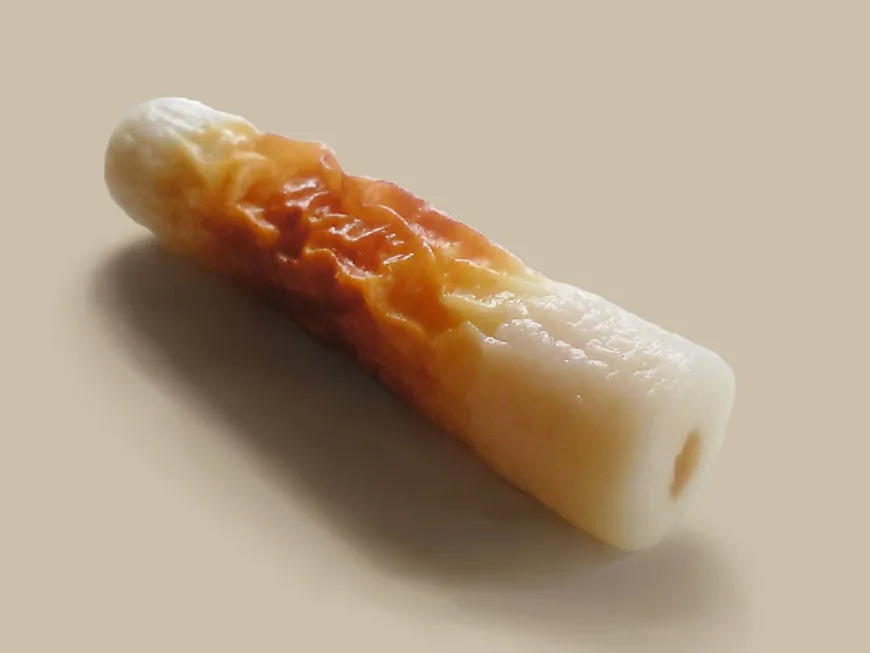
However, in recent years, questions have arisen about whether chikuwa is bad for your health. In this article, we will take a closer look at the history of chikuwa, how to make it, its nutritional value, and its effects on health.
1. History of Chikuwa
The origin of chikuwa is ancient, and it is said to date back to the Heian period. Originally, it was made by wrapping fish paste around bamboo and grilling it, and it came to be called "chikuwa" from the "chiku" (bamboo) and "wa" (ring). This name was given because there is a hole in the center after the bamboo stick is removed. Even today, chikuwa is also written as "chikuwa" because of its shape.
2. How Chikuwa is Made
The manufacturing process of chikuwa is as follows:
- Preparing the Surimi: Fresh fish (mainly white fish) is used, and the bones and skin are removed and it is made into a surimi.
- Seasoning: Salt, sugar, egg white, and seasonings are added to the surimi and mixed until it is uniform.
- Shaping: The surimi is wrapped around a bamboo or metal stick to form it.
- Steaming and baking: The formed chikuwa is steamed and baked until the surface is golden brown.
- Cooling and packaging: The baked chikuwa is cooled, packaged, and shipped.
3. Nutritional value of chikuwa
Chikuwa is a low-calorie, high-protein food. Below are the main nutrients in chikuwa:
- Protein: Fish paste, the main ingredient of chikuwa, contains high-quality protein.
- Vitamin D: It is rich in vitamin D derived from fish.
- Calcium: It may contain fish bones, so you can also get calcium.
- Low fat: Chikuwa is low in fat and suitable for people on diets.
4. Is chikuwa bad for you?
The main reasons why chikuwa is said to be bad for you are the additives and high salt content. We will explain in detail below:
- Additives: Commercially available chikuwa may contain additives such as preservatives, colorings, and chemical seasonings. These additives can have adverse health effects if consumed in large quantities over a long period of time.
- Preservatives: These are used to extend shelf life, but excessive consumption poses health risks.
- Colorings: These are used to improve appearance, but can cause allergic reactions.
- Chemical seasonings: These are used to enhance flavor, but excessive consumption can dull taste and cause health problems. - Salt: Chikuwa contains a lot of salt. Excessive salt intake increases the risk of high blood pressure and heart disease, so care should be taken.
- High blood pressure: Excessive salt intake increases blood pressure and causes high blood pressure.
- Heart disease: High blood pressure is a heart disease.
5. How to choose healthy chikuwa
When choosing chikuwa, it is important to choose ones with fewer additives or reduced salt types. Homemade chikuwa is also a healthy option. Below are some points to choose healthy chikuwa:
- Check the ingredients label: Choose ones with fewer additives and made from natural ingredients.
- Choose low-sodium: If you want to limit your salt intake, it's a good idea to choose low-sodium chikuwa.
- Homemade chikuwa: By making it at home, you can avoid additives and control your salt intake.
6. Healthy chikuwa recipes
Here are some healthy recipes using chikuwa.
- Chikuwa salad
- Ingredients: chikuwa, lettuce, tomato, cucumber, dressing (low fat)
- Directions: Cut the vegetables into bite-sized pieces, thinly slice the chikuwa and mix. Top with your favorite dressing and you're done. - Stir-fried chikuwa
- Ingredients: chikuwa, bell pepper, carrot, soy sauce, olive oil
- Directions: Cut the vegetables into thin strips and cut the chikuwa into bite-sized pieces. Fry the vegetables in olive oil, add the chikuwa and fry further, then season with soy sauce. - Simmered chikuwa
- Ingredients: chikuwa, daikon radish, carrots, dashi, mirin, soy sauce
- How to make: Cut the vegetables into bite-sized pieces and cut the chikuwa diagonally. Add dashi to a pot and simmer the vegetables. When they are soft, add the chikuwa and simmer. Season with mirin and soy sauce and you're done.
Chikuwa is a low-calorie, high-protein food that can have a positive effect on your health if you choose and consume it appropriately. However, commercially available chikuwa can contain a lot of additives and salt, so it is important to check the ingredient label and choose low-sodium or homemade chikuwa. Check out some healthy recipes using chikuwa and try incorporating it into your daily meals.
記事に関連する商品



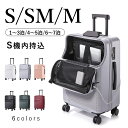










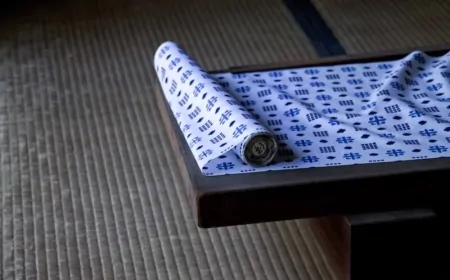






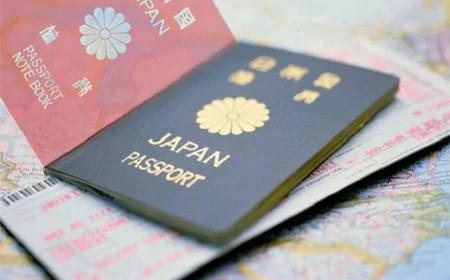
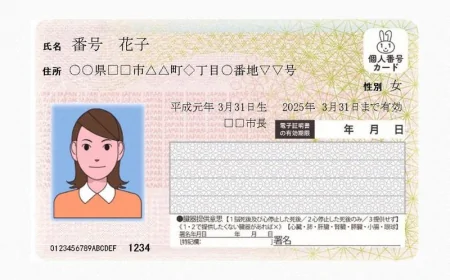




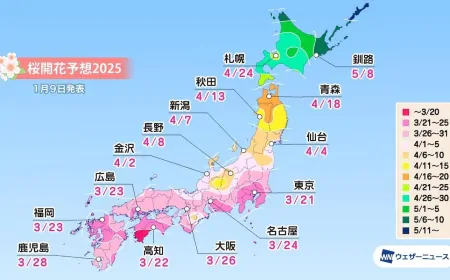












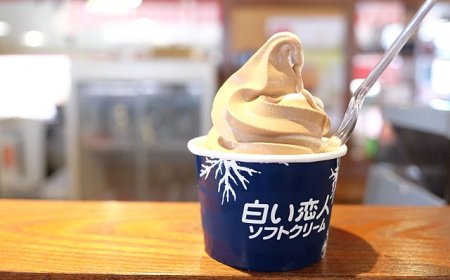







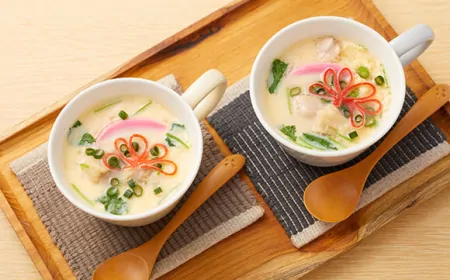
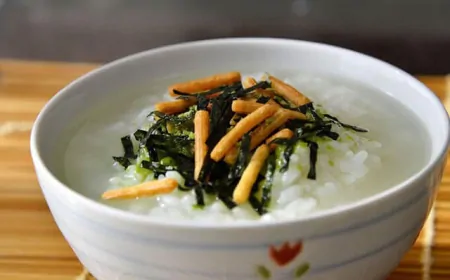
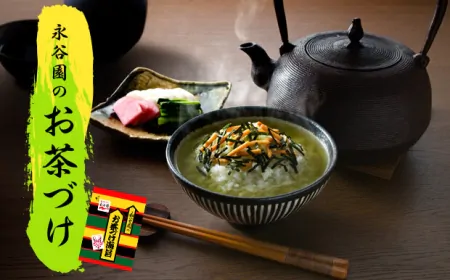
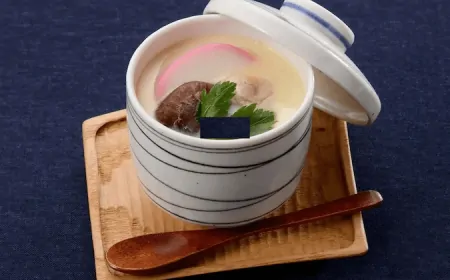
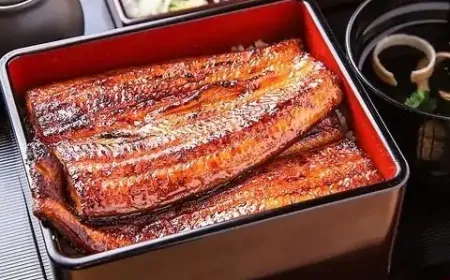
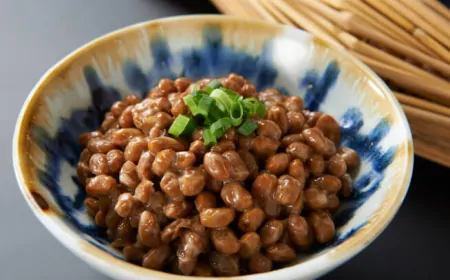
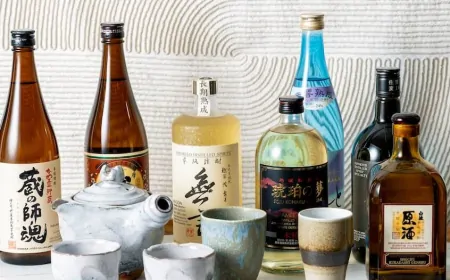
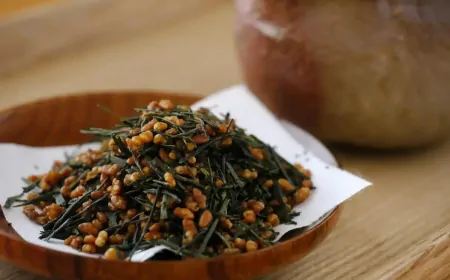
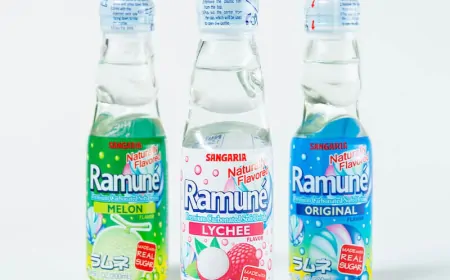
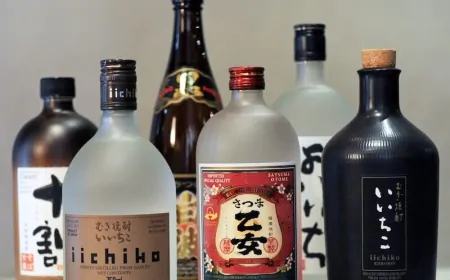
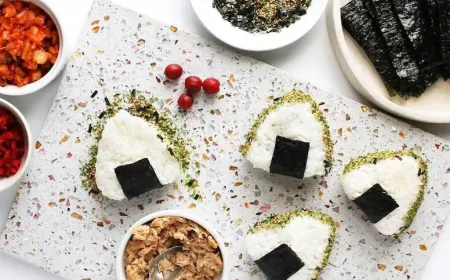
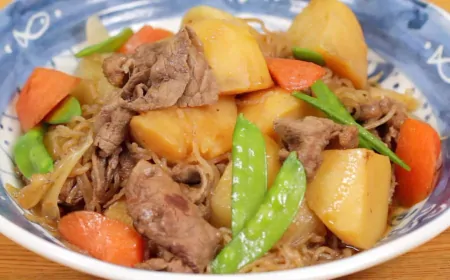
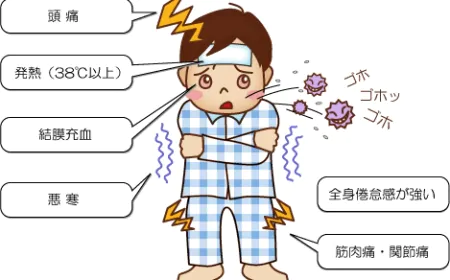












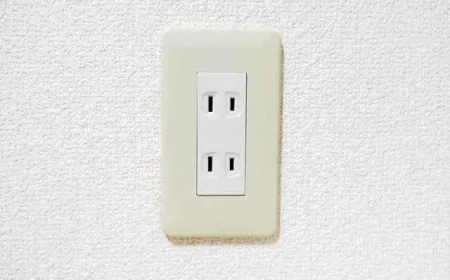






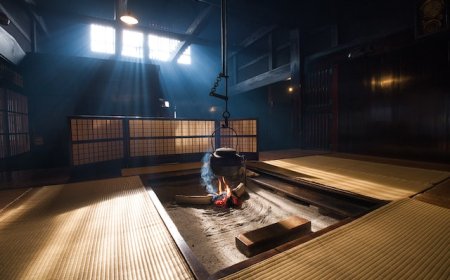







 Buy Chikuwa on Rakuten
Buy Chikuwa on Rakuten